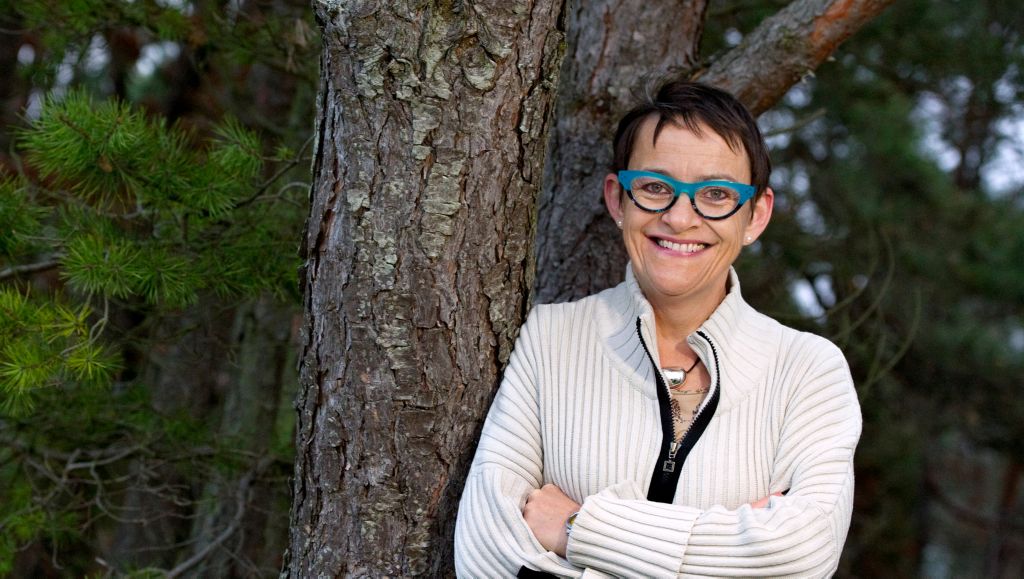Learn from good ideas in the work with health


Randy Castillo works for Volvo Buses’ subsidiary Prevost in North America. Together with colleagues from the service network within Volvo Buses North America, he has launched an initiative involving a plan to prevent accidents where people are working on their own.
“As service technicians we often head out alone to service a bus either in the workshop or at a customer location. We wanted to make that everyday work safer and less risky,” he explains.
Randy and his colleagues made a list of all the situations where the technicians could be working on their own. These situations were then split into three categories, with level three being tasks where work should not be performed alone. This would include the likes of high-voltage electrical work. It’s OK to work alone with levels two and one, but only with access to a communications system that’s in good working order. All the information and data has since been compiled into a “Work Alone Policy”.
In addition, the team is using a smartphone app that warns a central hub if the service technician fails to report in within a certain time limit. The service technician can also press an alarm button in the event of an accident.
The initiative won the Volvo Group’s Global Health and Safety award for 2016. The prize has been awarded for ten years and aims to showcase best practice in relation to health, safety and wellbeing-related work within the Group.
“This prize gives us a fantastic ability to be inspired by and learn from good ideas around the Group, at the same time as encouraging our employees to get involved in improving their working environment and their health,” enthuses Anne Lyse Ruis Belles.
The interest in taking part has also increased year over year, and for 2016 no less than 34 different initiatives from all over the world were submitted from within the Group.
“That’s really great,” she continues. “We received a lot of good initiatives from lots of different activities. All participants were recognized by sharing their ideas in front of the H&S community”.
The annual Health and Safety Prize is one way of developing the field of the working environment and health within the Group. Anne Lyse goes on to mention the six teams of experts working on health and safety from different points of view.
“They provide policies, guidelines, support and coaching for the whole Group. One example is ergonomics, where we are working on a global guideline that aims to improve the ergonomics of all our workplaces. We’re starting in our production areas and will then move on to the service centres and our offices. Another example is the guidance for our staff on how they can best take care of themselves in different situations when travelling,” she says, pointing out that health and safety work is about protecting the company’s biggest asset: its staff.
“By giving our employees the best conceivable working conditions, we also make it possible for them to develop, be well and more engaged,” she says.
Read more about how the Volvo Group works on health and safety in our annual and sustainability report.